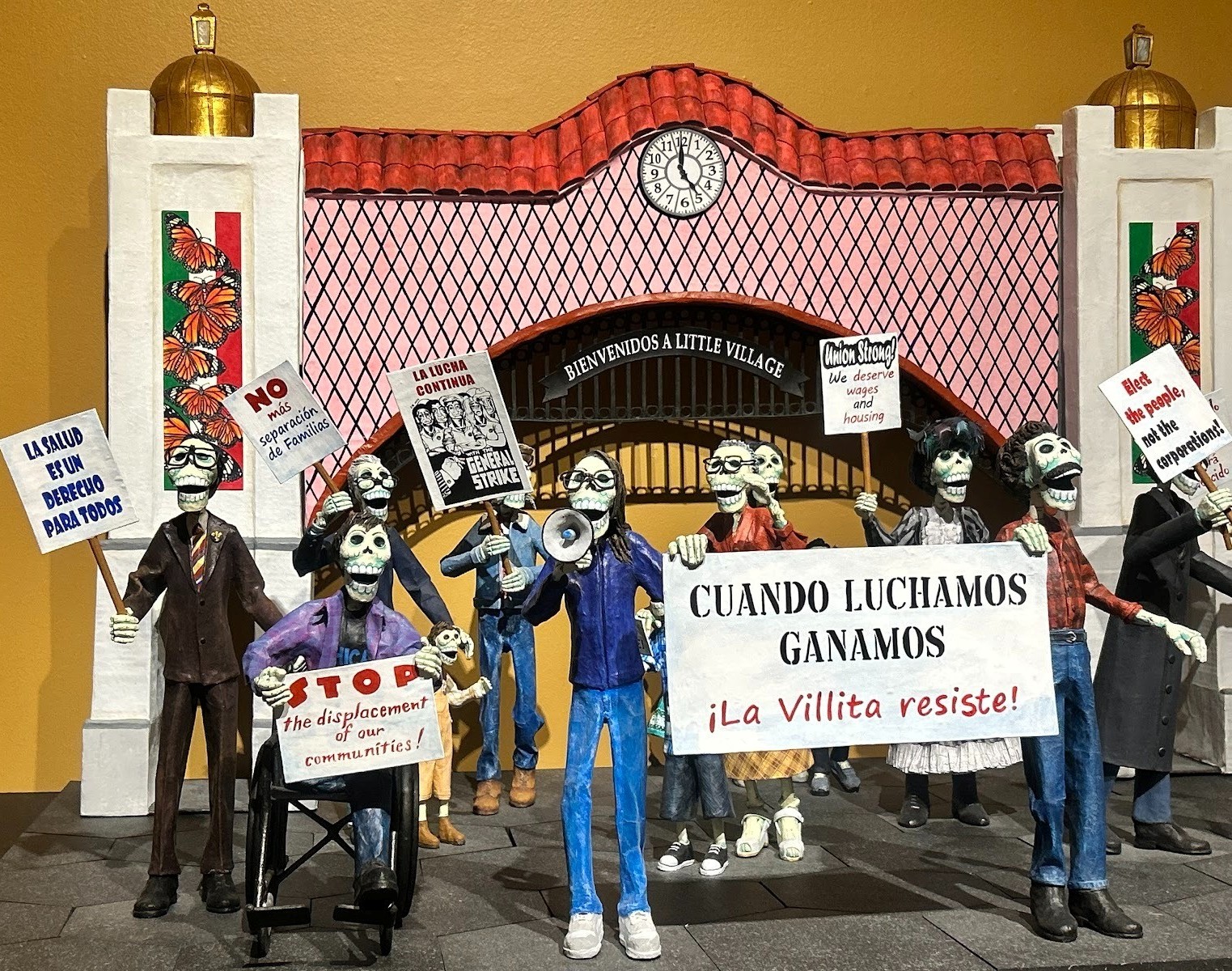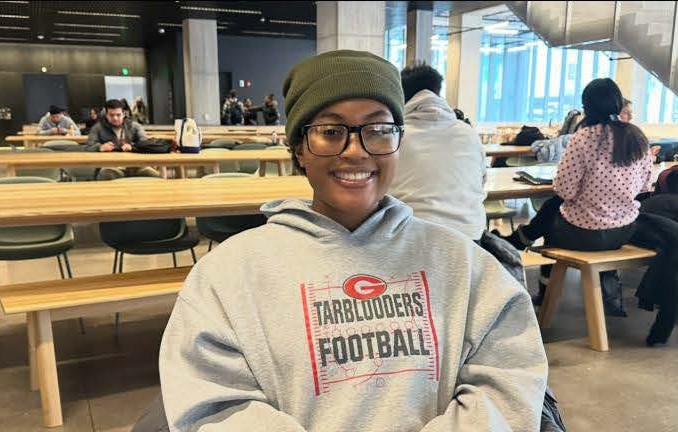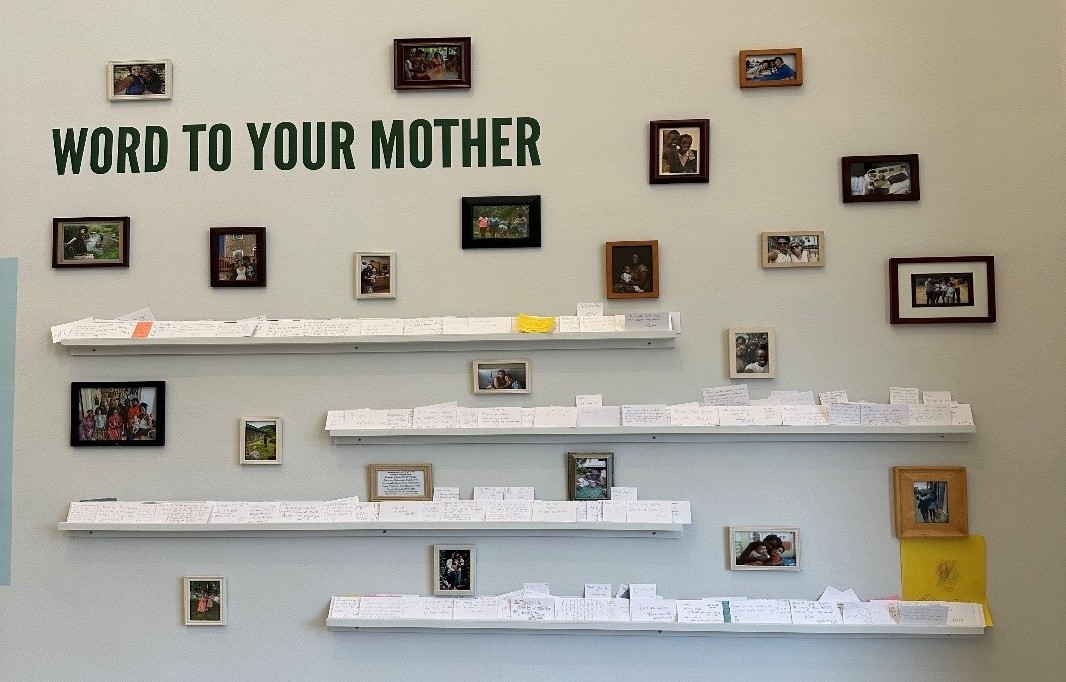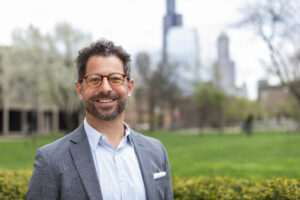More than a year after the The Korea Times-Chicago left its former Albany Park building for the suburbs, the Northwest Chicago neighborhood still struggles to hold onto its Korean-American population.
“The time had come for us to leave. Most of our subscribers had already left the neighborhood for the suburbs, and we couldn’t serve them as well if we stayed in the city,” said Sean Kwon, a managing editor at the Korean language newspaper, the oldest in the city. “Chicago has become a very expensive city for many of them to live in over the last few years.”
The newspaper had maintained its offices and a television broadcasting station on the 4400 block of North Kedzie Avenue for more than 25 years. Today, it operates out of new offices in the northern suburb of Lincolnwood. Its former building was razed earlier this year to make way for new development projects.
Rising real estate taxes and fewer affordable rental units have forced many lower-income residents to leave Albany Park, a neighborhood long characterized by its diversity and affordability. The impact on the Korean-American population has been particularly dramatic.
According to Yung Sun Song, a community organizer for the Korean American Resource and Cultural Center , many of Albany Park’s remaining 1,020 Korean-American residents are seniors living on fixed incomes, while the majority of the neighborhood’s Korean business owners actually live in the suburbs. In 1990, its Korean population was the largest of any Chicago neighborhood.
Today, Albany Park’s Korean population ranks 4th among Chicago neighborhoods, below West Ridge, Uptown, and Lincoln Square. The neighborhood’s total population as of 2000 is 57,866, including approximately 26,600 Latin-Americans.
“Many of the younger people have moved away to Lincolnwood or Skokie, and a lot of the businesses that served the seniors went with them. A lot of building owners that used to get Section-8 subsidies for providing affordable housing for low-income people are letting those expire and are converting to condominiums,” Song said.
“This neighborhood used to be Korea Town, and those were the people that we served,” said Grace Yoon, a development associate with Korean American Community Services , located at 4300 N. California Ave. The organization has been serving Albany Park since 1972.
“When the organization bought its building in 1986, there was a real need in this neighborhood for groups that could help immigrants from Korea adjust to living in Chicago,” Yoon said. “Today, most of the Korean population has moved to the suburbs, and we’ve had to switch our focus to Albany Park’s Latin-American population.”
Life in Albany Park, Yoon said, has simply become too expensive for many residents.
They can’t afford the rents anymore, so they have to move out. When people move out, the Korean-American businesses lose customers to the point where they either have to close or move out themselves,” Yoon said.
Gary Medina, a spokesman for Ald. Richard Mell (33rd), sees the neighborhood’s redevelopment in a more positive light.
“When Korean immigrants started moving here in the 1980s, they basically brought Albany Park back to life. Before, there had been a lot of empty storefronts. Now that’s not the case,” Medina said.
“People saw what they had done here and followed the wave, and now you see a very diverse neighborhood. Today, people want to revitalize it again with new buildings,” Medina said. “We want to do everything we can to keep the neighborhood diverse, but you can’t tell people who want to build in a neighborhood to go somewhere else.”
Raul Botello, lead organizer at the Albany Park Neighborhood Council , agrees.
You don’t see it now, but the neighborhood is in danger of losing some of its character. For years, this neighborhood has been one of the first stops for immigrants coming to Chicago. Hopefully, we can work with building owners and developers to make sure that it stays that way.”
Botello’s organization is part of the Balanced Development Coalition, a citywide effort by 13 different neighborhood organizations to keep housing affordable.
“The gains we make are mostly with individual building owners, talking to them and making sure that they keep taking the affordable housing subsidies,” Botello said. “But it’s hard for them, too, because property taxes in the city keep going up. Hopefully, someone in city hall will do something before everyone is forced out.”
Categories:
North Side Public
Tags:
albany park albany park neighborhood council korea-times chicago korean american resource and cultural center






Be First to Comment